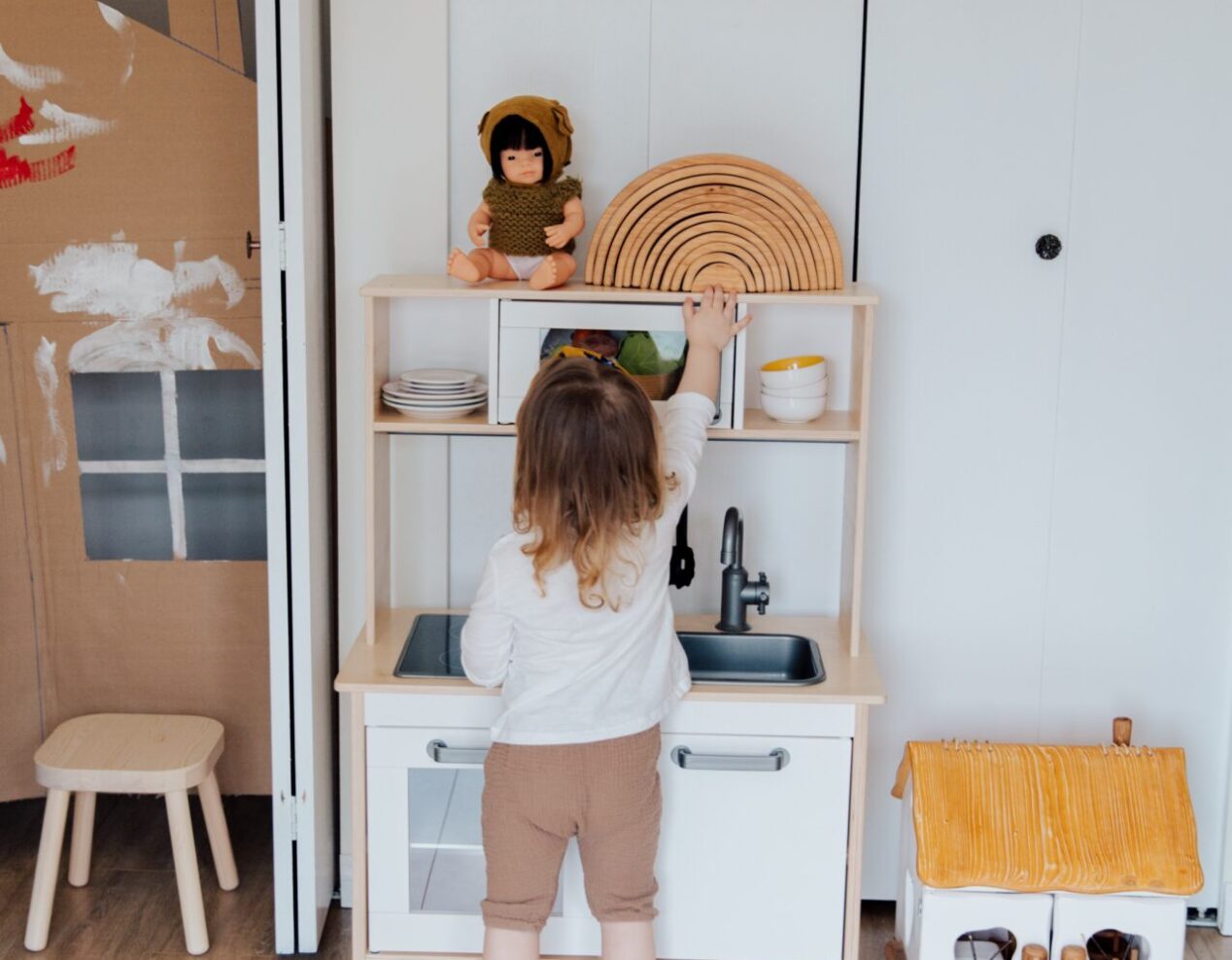Navigating your child’s preference for one parent

The preference of a two-year-old for one parent over another is a common phenomenon. This phase, as agonising as it can be, is a typical aspect of a child’s development. It’s also a sign of your child’s growing individuality as they begin to exhibit preferences in various areas like clothes, food, and yes, their favourite person.
The inclination might be sporadic, but in some cases, it might linger for a while. For example, your child may only want one specific parent for bedtime stories or when it’s time for dinner. As a parent, such a situation can be a real test of emotions, whether you are the chosen one or the one left out. The favourite parent might feel overwhelmed, while the other could be dealing with feelings of rejection.
Despite this emotional roller coaster, remember that favouritism is temporary, and this phase will eventually fade away.
Here’s how to navigate this common parental challenge:
Avoid taking it to heart
As a parent, the natural instinct might be to feel hurt. But remember, it’s not about you; it’s about your child trying to express their feelings in the only way they know how. According to Krista L. Swanson, Ph.D, a child psychologist at the Early Childhood Center at Cedars-Sinai Medical Center, your child’s behaviour demonstrates that they feel secure enough in your relationship to take risks, knowing they’ll always be welcomed back with open arms.
Avoid burdening your child with your feelings
It’s understandable that your child’s behaviour might sting. However, keep in mind that a two-year-old is yet to develop true empathy and does not comprehend the depth of their actions’ impact on your feelings. So instead of expressing your hurt in a way that might overwhelm them, opt for a simpler, calm statement like “that didn’t make me feel good.”
Acknowledge their feelings, empathize, and reassure
It’s crucial to let your child know that their feelings are valid, no matter how much it hurts you. For instance, you might say, “It seems you wanted Grandpa to sit with you, and I understand that it’s tough for you when he can’t. But don’t worry, Grandpa will be back later, and until then, I’m here for you.”
Know when to compromise
While setting limits is important, there are instances when allowing your child to have their way could alleviate stress for everyone involved. So, if your toddler insists on your partner performing a task and it’s feasible, it might be worth considering. This doesn’t mean you’re encouraging bad habits; there’s always tomorrow for another try.
Plan solo time with each parent
It can be helpful to arrange individual time with each parent, especially if your child currently favours one over the other. A gentle suggestion could be, “Daddy is going to the store, so you and Mommy can have some special time together. Look, she has your favourite books ready to read with you.”
Practise patience
These behavioural shifts will ebb and flow as your child grows. The key to surviving this stage is patience and remaining available to your child as they navigate new behaviours, even when they hurt. Keep in mind, it’s only temporary.



